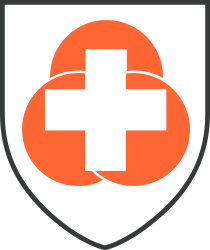
What is Tudca? | Information & Faq


Amyotrophic Lateral Sclerosis (ALS) is a rapidly progressive neurological disease which attacks the neurons involved with voluntary movement, called motor neurons. It is also known as Motor Neuron Disorder (MND) or Lou Gherig’s Disease. ALS is a disease which doesn’t have a wide range of treatment options, although there have been advances and a lot of research is ongoing.
ALS is a progressive neurodegenerative disease which leads to severe disability, and eventually results in death. The disability, which is caused by the loss of voluntary function, is directly connected to the damage and gradual loss of motor neurons. Motor neurons are nerve cells that extend from the brain down to the spinal cord and to muscles throughout the body. They are essential for sending messages from the brain to the muscles.
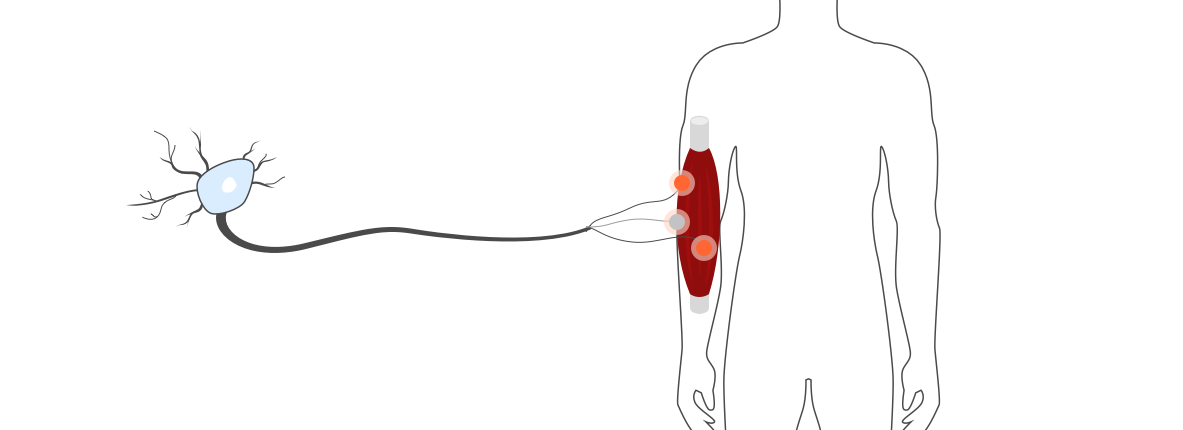
For more details see the references at the bottom of the page.
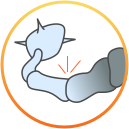
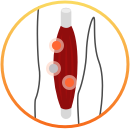
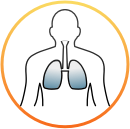
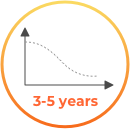
For more details see the references at the bottom of the page.
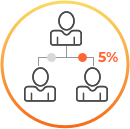


For more details see the references at the bottom of the page.
Unfortunately, there is currently no cure for ALS. However, as stated by medical centre the Mayo Clinic:
"Treatments can't reverse the damage of amyotrophic lateral sclerosis, but they can slow the progression of symptoms, prevent complications and make you more comfortable and independent.".
Treatments are designed to relieve symptoms and improve the quality of life for individuals. Supportive care is best provided by multidisciplinary teams of healthcare professionals such as doctors, nurses, and a variety of therapists, with the aim of keeping patients as mobile and comfortable as possible 2.
These are some of the medicines that are used to treat patients with ALS. This is not intended to be a comprehensive list or guide.
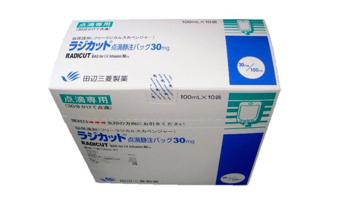
A radical scavenger approved by the Japanese PMDA and in the American FDA for the treatment of ALS.
+Read more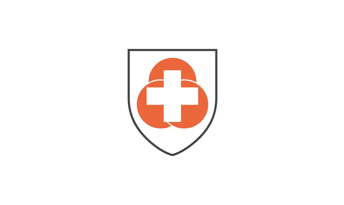
A generic ✢ version of edaravone, produced by several manufacturers. It is approved by the Japanese PMDA for the treatment of cerebral infarction.
+Read more
It has an anti-inflammatory and neuroprotective effect on the brain. It has been granted orphan drug designation* for the treatment of ALS by the European EMA, and the American FDA.
+Read more
A bile salt that is found naturally occurring in the body. It has been granted orphan designation* by the European Medicines Authority (EMA) for the treatment of ALS.
+Read more
A medication used for the treatment of patients who have urea cycle disorders. Neurologists sometimes prescribe Ammonaps for off-label treatment of people suffering from ALS.
+Read more✢ Generic drugs are medicines created to be the same as an already marketed brand-name drug in dosage form, safety, strength, route of administration, quality, performance characteristics, and intended use. A generic medicine works in the same way and provides the same clinical benefit as its brand-name version.
* Orphan drugs are medicines targeting conditions which are so rare that they are unlikely to generate sufficient profit to justify research and development costs. Each regulatory agency (e.g. the FDA or EMA) has an independent process for assigning orphan drug status. Sponsors of these medicines receive incentives from the agencies to support and facilitate the development and authorisation of these therapeutics.
If you would like to know more about any of the medicines above and how you might be able to access them, you can speak to one of our qualified pharmacists.
Get in touch
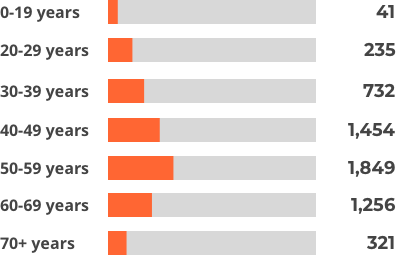
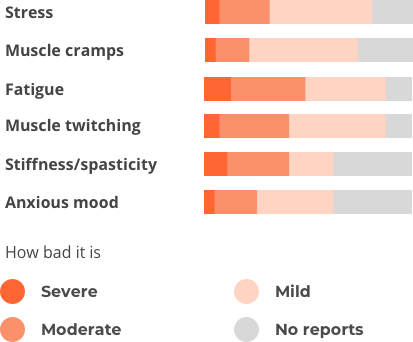
* These data have been taken from the website PatientsLikeMe. This platform was initially built for people with ALS, with the intention of connecting patients. The platform has now grown to include more than 600,000 patients who track and report on their experiences with 2,800 conditions and is one of the largest archives of patient-reported, data available today.
On PatientsLikeMe, there are a total of 12,230 patients who have amyotrophic lateral sclerosis. Not everyone has contributed to all of these statistics 4.

Although there have been advances in medicines for ALS and a lot of research is ongoing, not all medicines are available to all patients globally. Some medicines might be approved in one location, but not in another. Alternatively, they might be approved but not yet available in all countries. Patients to whom medicines are not accessible can import them into their country, safely and legally.
With a prescription from the patient’s treating doctor everyone.org can support in ordering medicines for ALS from outside your country. Our team of pharmacists and regulatory experts delivers elsewhere approved medicines around the world every day. They are ready to assist with sourcing and delivery, and will guide you through every step of the process. We always advise patients to ask their health insurance about reimbursement of the medicine.
Enquire nowWhat is Tudca? | Information & Faq
How effective is Radicava/Radicut (edaravone) for ALS?
Radicava/Radicut (edaravone) for ALS
If you are a patient with ALS or have a relative with ALS, you might want to ask questions about the medicine for this disease. If you’d like to ask questions about how to get a medicine for ALS, or about our service in general, our team of qualified pharmacists and experts are ready to offer support and assist with queries. Our team speaks 17 different languages and is ready to help.
We will get back to you shortly during our working hours:
9:00 to 18:00 CET, Monday to Friday
We will get back to you shortly during our working hours: 9:00 to 18:00 CET, Monday to Friday.
everyone.org makes the latest approved medicines available to patients, hospitals and doctors around the world, in a legally compliant way. We source innovative medicines at the best possible prices and ensure safe and efficient delivery. We have successfully delivered to over 88 countries worldwide, and have already supported over 11,000 doctors and patients.
Find out more